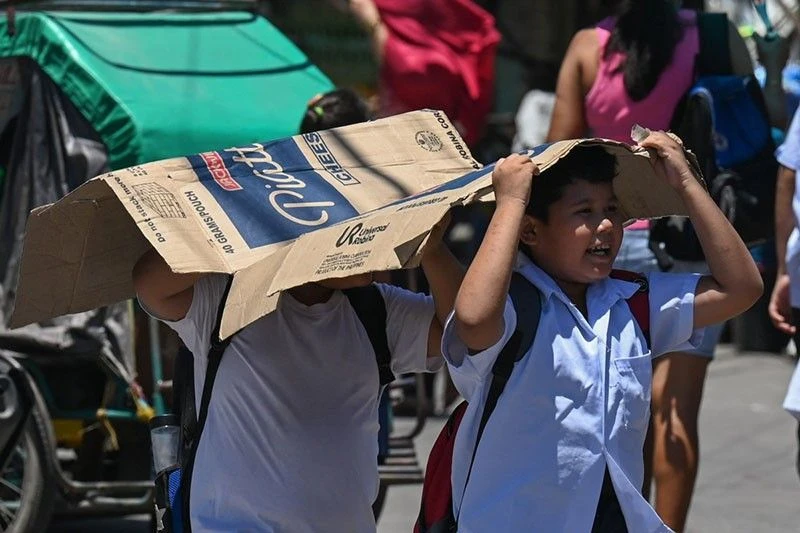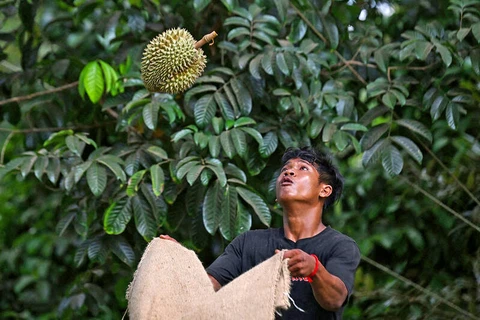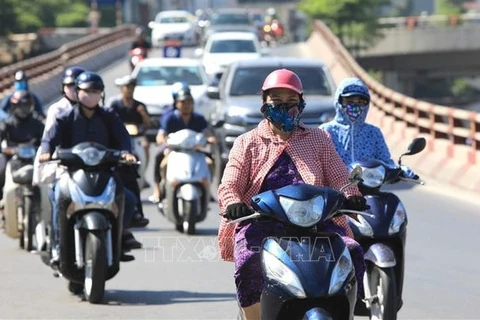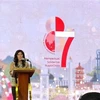
Hanoi (VNA) – Philippine President Ferdinand Marcos Jr. on May 21 approved a proposal to end the school year 2024-2025 on April 15 - a schedule that allows for basic education schools to gradually revert to the old calendar without holding Saturday classes to meet the required number of school days.
The approved proposal retains the July 29 start of classes and pushes back the end of classes about a month earlier than originally planned by the Department of Education (DepEd).
The Presidential Communications Office (PCO) said in a press release that this will start the country's gradual return to the old June-March school calendar, which students and teachers have been clamoring for after extreme temperatures driven by climate change forced thousands of schools to suspend in-person classes in April and May.
Prior to this, Vice President and DepEd Secretary Sara Duterte presented the president with two proposed calendars for SY 2024-2025 after consulting teachers, school officials and parents.
The first proposal included 182 days, with 15 Saturdays requiring in-person attendance. The second option proposed a shorter 167-day school year, eliminating Saturday classes altogether. Both plans scheduled the end of classes on March 31, 2025.
According to the office, Marcos expressed reservations about a 167-day school year due to its possible negative impact on student learning due to reduced classroom time.
Marcos said he also had concerns about student well-being and the additional resources required to hold Saturday classes./.






















